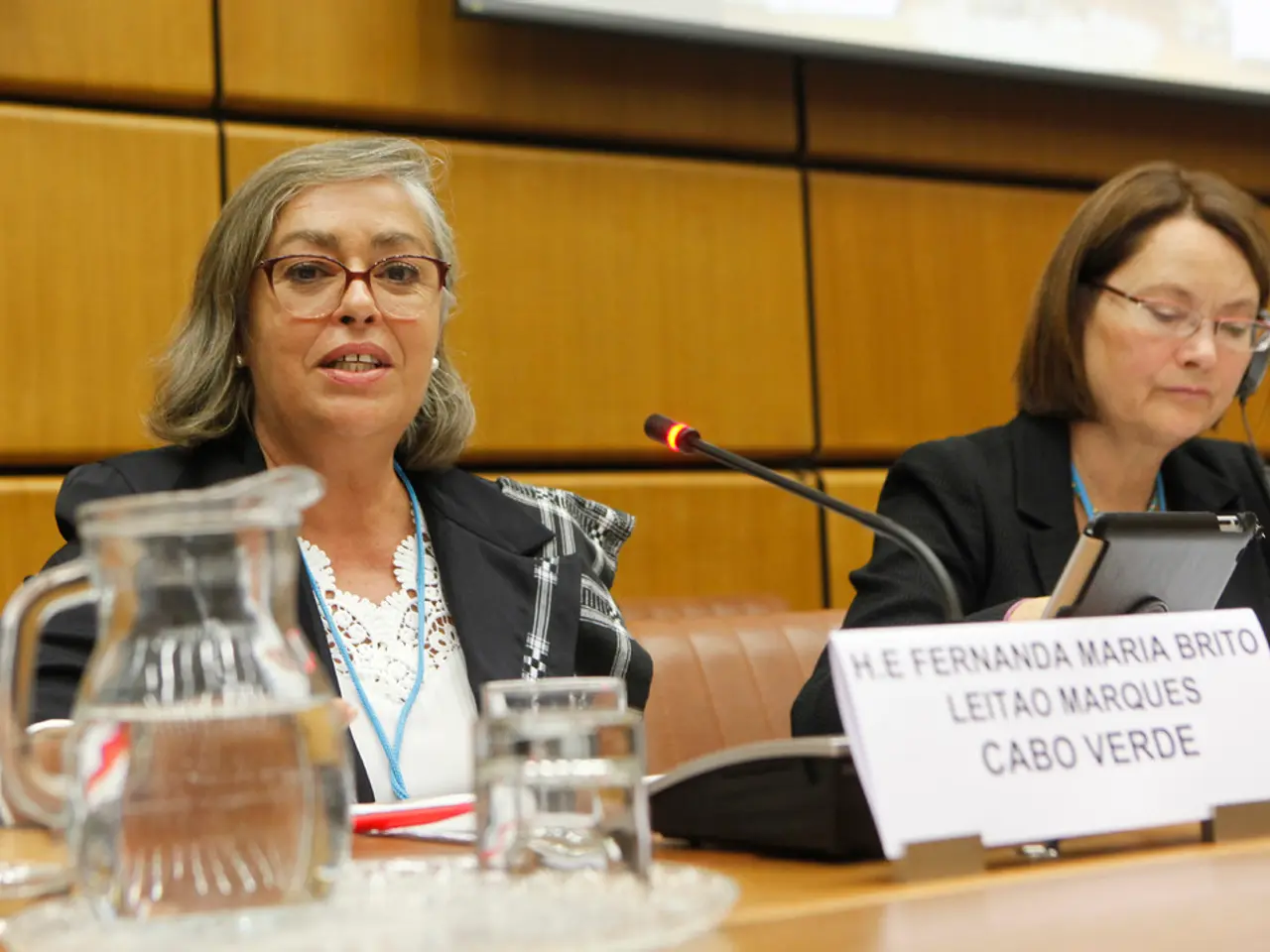Global recovery from COVID-19 seems to be slowing down, according to UN concerns
The Global Development Stumble in 2024: A Crisis Looming
Following the COVID-19 rebound, the world unexpectedly slumped in its development progress in 2024, a troubling reality the United Nations addresses in their latest report, released on Tuesday.
Prior to the pandemic's onslaught, the world was on an upward spiral, poised to reach significant human development by 2030. However, the momentum appears to be fading, according to the United Nations Development Programme (UNDP) annual report.
Achim Steiner, the UNDP's chief, warns that if the slow pace observed in 2024 becomes the norm, achieving the envisioned high level of development could push the timeline several additional decades, resulting in a less secure, more divided, and more vulnerable world.
This slump began even before the recent cuts in international aid announced by several nations, particularly the United States. Steiner predicts that a cessation in funding would affect economies, societies, and even the Human Development Index within a year or two, as life expectancy shortens, incomes decline, and conflicts increase.
While the UNDP has yet to pinpoint the root causes of the 2024 slowdown, they've identified one driving factor as a regression in life expectancy progress. This could be related to COVID-19 side effects or the spike in global conflicts emerging around the globe.
AI: The New Hope for Development?
In this challenging scenario, the UNDP sees artificial intelligence (AI) as a potential catalyst to restart human development progress.
The report places significant emphasis on the challenges and risks associated with AI, revealing a survey conducted among 21,000 individuals across 21 countries between November 2024 and January 2025.
Results revealed that approximately one in five people already utilizes AI, while two-thirds of those surveyed anticipate employing AI within the following year for purposes like education, health, and work.
Steiner acknowledges the profound impact AI will have on nearly every aspect of our lives, estimating that the development potential it offers is a decision in our hands.
"The future is in our hands. Technology concerns people, not just things. Beneath the glamorous side of inventions lie important choices made by individuals or groups, whose consequences will ripple through generations," the report underscores.
Choices, for example, between fostering a collaborative economy with AI or competing against it. Around half of those surveyed expect at least some of their work to be replaced by AI, but they appear ready to embrace the opportunity: 60% hope for the creation of new, unseen jobs.
The UNDP has also highlighted the risks associated with AI, including disparities in access between wealthy and low-income countries, and "cultural biases" related to partial data and the nations where tools are developed and chatbots are trained.
A recent study by Harvard University researchers, cited in the report, demonstrates that ChatGPT's responses are more aligned with those of an individual living in an English-speaking wealthy country than someone from a poor nation.
However, Steiner argues that these risks can be mitigated, stating that this should not act as an excuse to shy away from AI's potential, particularly in medical research.
- If the slow pace observed in 2024 becomes the norm, achieving the envisioned high level of development could push the timeline several additional decades, according to the UNDP's report.
- In the challenging scenario of 2024, the UNDP sees artificial intelligence as a potential catalyst to restart human development progress.
- The report emphasizes that the development potential offered by AI is a decision in our hands, as the future is in our hands.
- Approximately one in five people already utilized AI, while two-thirds of those surveyed anticipate employing AI within the following year for purposes like education, health, and work.
- Steiner acknowledges the profound impact AI will have on nearly every aspect of our lives, and he believes that the decisions we make about AI, particularly in medical research, will ripple through generations.




